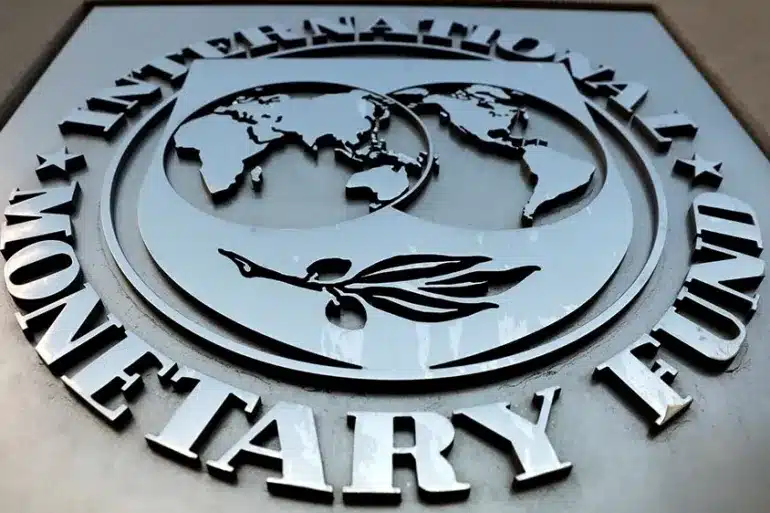Ethiopia has rolled out a new advanced income tax payment system requiring large taxpayers to make quarterly payments, as the government pursues a record one trillion birr ($7.1 billion) in tax revenue this year.
The reform, anchored in the Income Tax (Amendment) Proclamation passed by parliament on July 17, 2025, marks the country’s first attempt at advance tax collection.
It is part of a broader strategy to raise the tax ratio to gross domestic product GDP by one percentage point annually, with the goal of reaching 11% within four years.
Data from Ethiopia’ finance ministry shows that as of 2023, the country’s tax-to-GDP stood at 7.5%, well below the regional average.
Kenya, Rwanda and Uganda, on the other hand, report ratios between 13% and 16%, highlighting Ethiopia’s lag in domestic resource mobilisation.
The government has already set up a Domestic Revenue Mobilisation Task Force to monitor compliance and close gaps in the system.
Eyob Tekalign, State Finance Minister, in a letter to the Ministry of Revenue seen by local media on Saturday, confirmed that the quarterly tax obligations will be enforced under Article 89 of the amended law.
Officials say the move will improve government cash flow, reduce arrears, and boost compliance among companies that previously paid only at year-end.
Quarterly payments for large taxpayers
Under the new directive, Category A taxpayers — those with annual turnover above ETB 2 million ($14,220) — will be required to make advance payments every three months in addition to their annual settlement.
The first cycle will begin this fiscal year, with companies using the Gregorian calendar expected to make their initial payments in August 2025. For others, the three-month period begins from the month following their financial reporting, with a 30-day window for payment.
For instance, a company filing accounts in October will make advance payments in February, May and August, while settling the final balance by the following October, the letter explained.
Overpayments will be eligible for refunds, while shortfalls must be cleared when the annual tax is due.
Overhaul of tax regime
The advance payment requirement comes alongside sweeping reforms to Ethiopia’s tax framework.
The amended proclamation replaces key provisions of the 2016 law, introducing an alternative minimum tax, expanding coverage to the digital economy, and adjusting income tax thresholds for the first time in more than a decade.
Lawmakers said the overhaul was designed to modernise tax administration and capture growth in the digital sector.
“The new tax system is aligned with global practices while considering Ethiopia’s economic conditions, particularly in the digital era,” the bill reads.
With the ambitious $7.1 billion target set for the year, the government is betting that stricter compliance and modernised tax laws will narrow the country’s fiscal gap and bring Ethiopia closer to regional benchmarks.
NB: The figures in the report were converted to U.S dollars using the exchange rate of ETB 140.6/$1 as of August 18, 2025.










